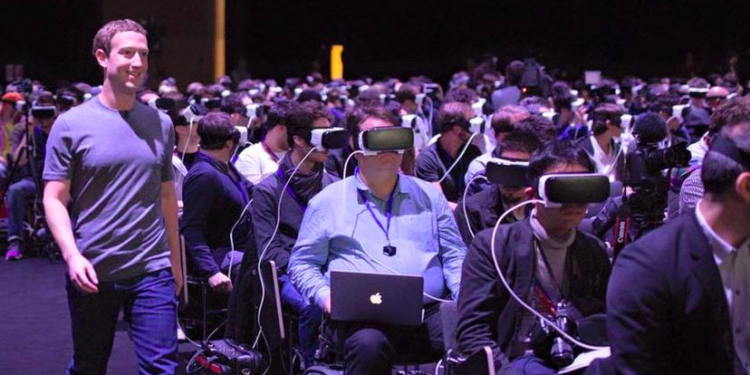Mark Zuckerberg has developed an artificial intelligence platform called Jarvis, with which he controls all aspects of the home.
We have been arguing for years about the difficulty of achieving truly intelligent and proactive artificial intelligences. The process is always long and costly in resources. Not only does big developers need to be involved in the process, but software learning and deep learning are so resource intensive that big companies are focusing on it. Until Mark Zuckerberg comes along and turns the whole industry upside down. And yes, you read that right. Zuckerberg in person, not Facebook.
The CEO of the social network continues to program in his spare time, and has developed an artificial intelligence platform called Jarvis, capable of competing with the other great proposals of the market, such as Siri or Cortana. According to Zuckerberg, the development has taken him only 100 hours of work, which speaks extraordinarily well of the state in which he retains his computer skills.
Zuckerberg’s goal at the start of the project was to control all the electronic elements of the home, something that was expensive for him due to the lack of Internet in many of them, for which he had to devise different systems through which to connect them to the network. In this way he got a total control over all elements of the homefrom the simplest to the security system.
Jarvis is programmed to be used from a computer, but for Zuckerberg it was not enough, so he used the powerful bot tools offered by Facebook Messenger to give orders from the smartphone, both by voice and by text, so as not to disturb at inopportune moments. But without a doubt, the most impressive thing about Jarvis is how well, as seen in the video, the sactive listening system throughout the house that recognizes natural language with incredible ease and distinguishing the voices of each member. This allows you to activate appliances, but also get diverse information and control the music.
Another bright part came from the hand of the many cameras installed in the house and outside, with the purpose not to spy, but to recognize faces in all possible situations and, with it, allow familiar people to access the house without having to ring bells and disturb. To do this, it uses the facial recognition algorithms that work so well in its social network. The best example of this is how Jarvis warns parents by voice that the daughter is leaving the room in order to avoid accidents.
The big challenge for Zuckerberg the industry must overcome is making these systems truly learn from experience for themselves, no need to introduce code or modifications in the algorithms by users.








